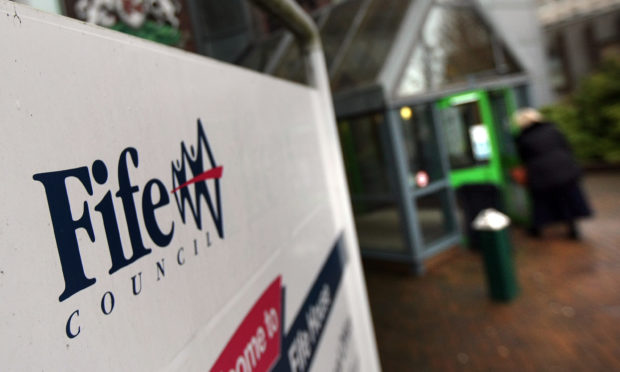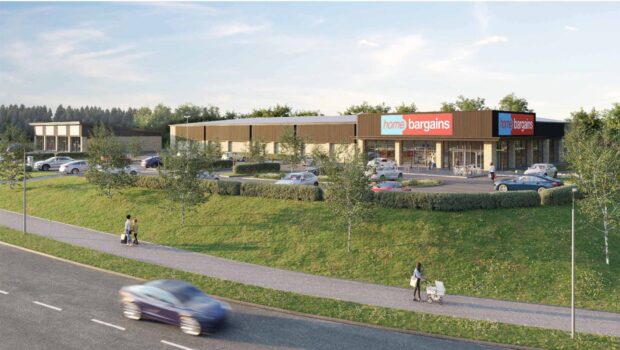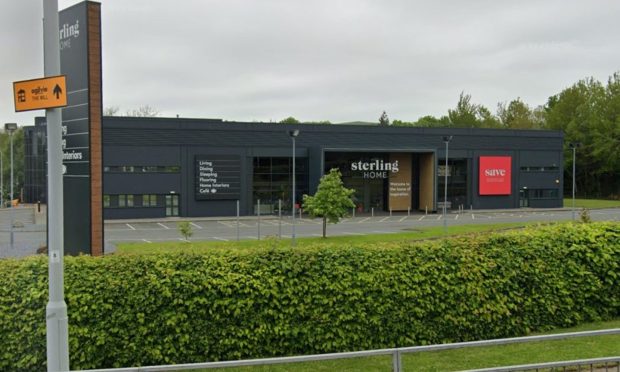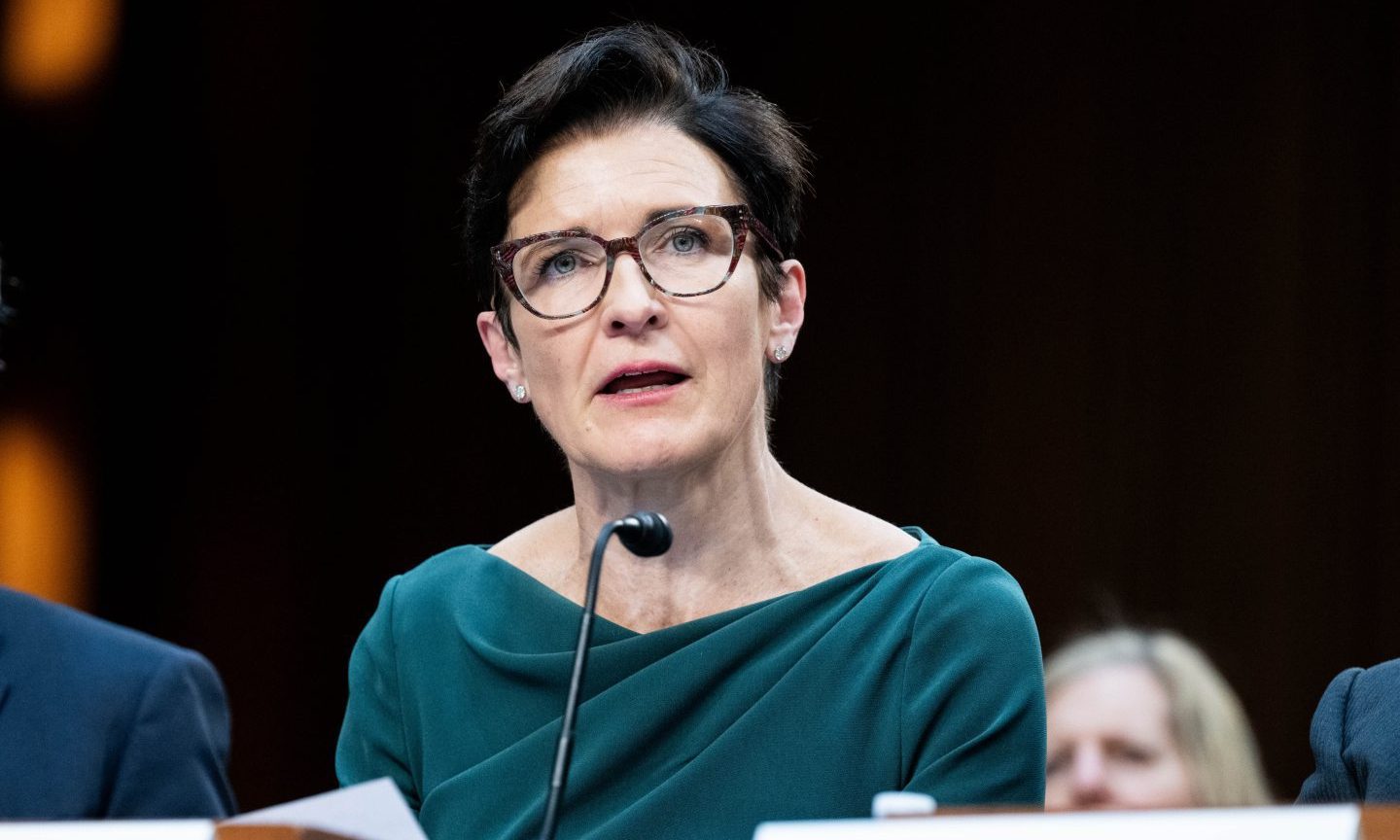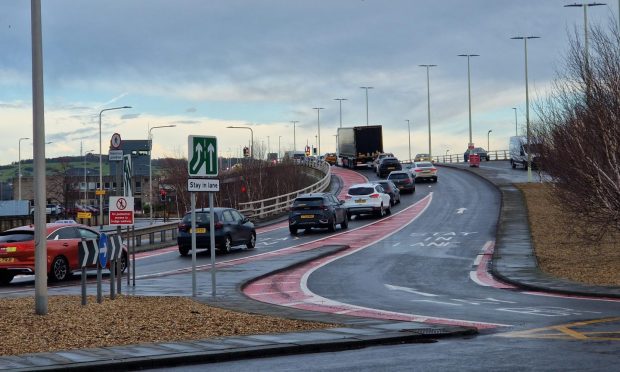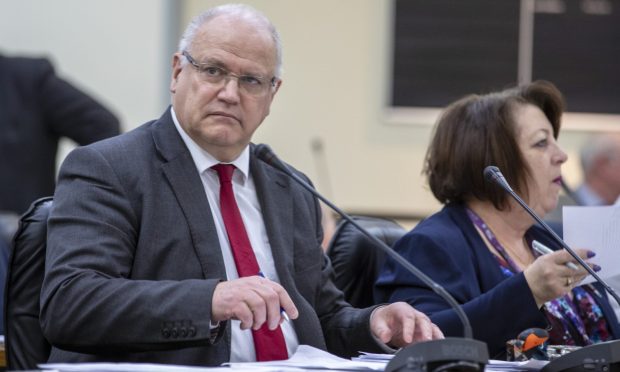A universal basic income trial, which would see everyone paid a set amount before earnings is “desirable” but challenging, a study has found.
Fife is one of several areas in Scotland exploring the feasibility of a citizens basic income (CBI), which would see adults and children given an unconditional payment of up to £213 a week, regardless of benefits or income.
Kelty and Cowdenbeath have been touted as areas which would test the model and a report setting out how it could be implemented was published on Thursday.
While it is recommended the pilot goes ahead to look at its impact on poverty, unemployment and health, significant challenges are recognised.
Paul Vaughan, Fife Council head of communities and neighbourhoods and a member of the feasibility study steering group, said the report comes at a time of “unprecedented socioeconomic challenges.
He said: “Given the stubborn persistence of unacceptable levels of poverty and inequality in our society, it’s important that we consider innovative solutions.
“We are clear that a pilot of basic income is desirable, and we have described how and what would need to be done for this to happen.
“However, we also recognise that, at this time, it’s not currently feasible to progress to a pilot due to the very complex legislative, technical and delivery challenges associated with the institutional arrangements needed for a pilot.
“If these barriers are to be overcome, sustained support across all levels of government – local, Scottish and UK – for the duration of the pilot and evaluation will be needed.”
Fife Council and North Ayrshire, City of Edinburgh and Glasgow City councils have spent two years working with NHS Health Scotland the Improvement Service analysing the feasibility of a Scottish basic income pilot.
The four local authorities are now preparing to discuss and debate the findings before they are passed to the Scottish Government at the end of the month.
During the research the steering group asked the Child Poverty Group in Scotland to consider how the pilot would affect eligibility for other welfare benefits, and economic modelling was performed of the potential impacts of a Scotland-wide scheme.
The trial would run for three years, to give time for short and medium-term outcomes to be seen. It would take a year to prepare for its launch.
Two levels of CBI payment are proposed, with the higher level likely to be able to substantially reduce or eradicate poverty and the second more closely aligned with current benefit entitlements.
Fife Council co-leaders David Ross, of Labour, and SNP David Alexander welcomed the report.
In a joint statement, they said: “The cross-party support for this feasibility work shows local councillors understand the suffering that vulnerability, inequality and precarious employment have on the lives of individuals, families and children.
“The impact of Covid-19 across our communities has also highlighted the fragility of peoples lives, and the differing ability to respond to changing events.”
“At this time it cannot be right that such a high proportion of the people that live in our communities cannot be sure that they can have the basics needed for living, or the basis from which to develop and fulfil their ambitions.
“Universal Basic Income may offer a solution to some of these issues and we look forward to continuing to support the case for the feasibility work to help bring fairness across Fife.”
